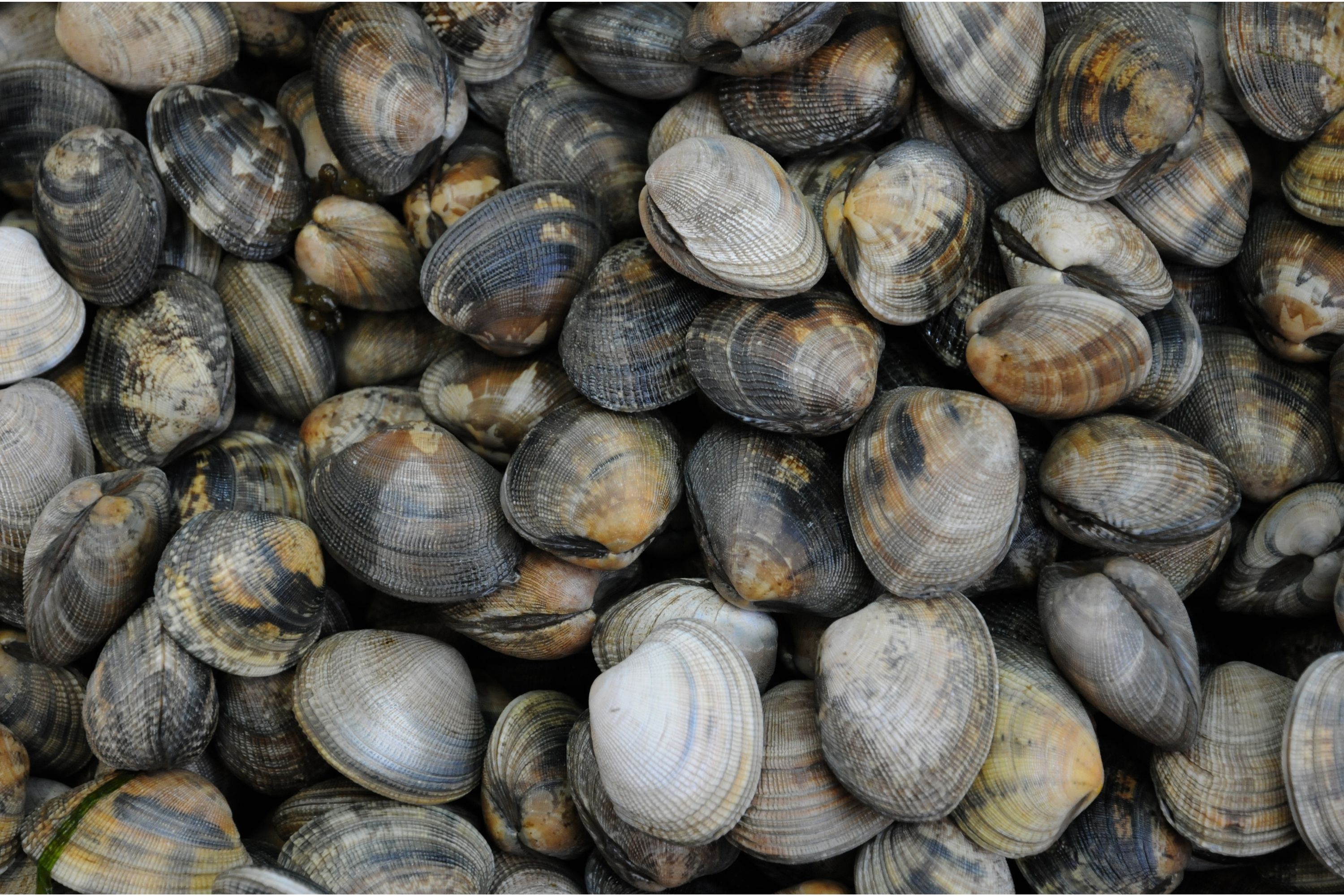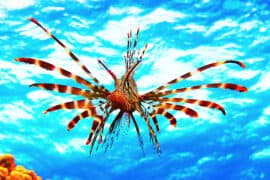Plain pocketbook mussel
(Lampsilis cardium)

Description
Lampsilis cardium is a species of freshwater mussel in the family Unionidae, the river mussels. It is known commonly as the plain pocketbook. It is widespread in eastern North America, where it is native to the Mississippi River and Great Lakes drainage systems. All Unionidae are known to use the gills, fins, or skin of a host fish for nutrients during the larval glochidia stage. Lampsilis cardium accomplishes this by having the inner sides of its mantle flaps marked with longitudinal stripes, resembling a small fish of the genus Notropis. When these are attacked and ruptured by a striking predator fish, especially Micropterus coosae, the mussel larva is released into the gills of the host fish where it feeds and develops. Lampsilis is a genus of freshwater mussels, aquatic bivalve mollusks in the family Unionidae, the river mussels. There are over 100 species in the genus. Some species, notably Lampsilis ovata (pocketbook mussel) use aggressive mimicry to lure large predatory fish by using their mantle as a lure, ejecting larvae into the mouth of the fish when they strike. The larvae attach to the gills, using the fish's blood as food for several weeks.
Taxonomic tree:







